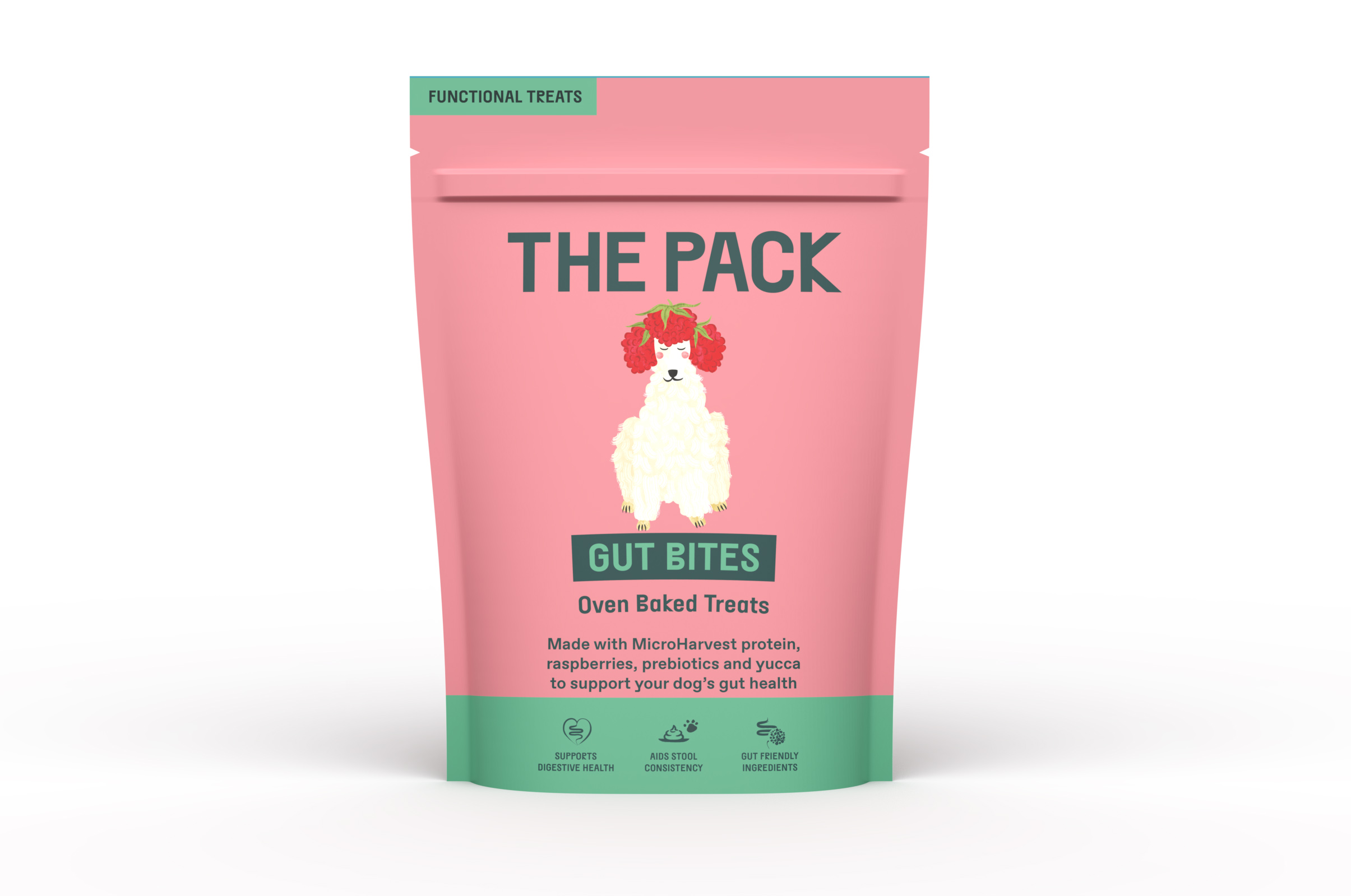

European Commission called upon to revolutionize alternative proteins sector
The European Commission is being urged to adopt a series of measures to accelerate the shift to alternative protein in a policy brief published today by Horizon4Proteins, with support from food awareness organisation, ProVeg International.
Horizons4Proteins is a cluster of EU-funded alternative protein projects: NextGenProteins, SUSINCHAIN, ProFuture, Smart Protein, and LIKE-A-PRO.
The policy brief details eight key measures that seek to make it easier for plant-based foods to thrive on the EU market, including actions related to labelling, the regulation of novel foods and functional ingredients, as well as tax and funding.
“The development of alternative proteins has emerged as a powerful strategy to mitigate climate change, enhance food security, reduce food waste, and promote healthier diets,” said Lucia Hortelano, Policy Manager at ProVeg International, which helped create the briefing.
“Both the Intergovernmental Panel on Climate Change (IPCC) and the 2023 Science Advice for Policy by European Academies (SAPEA) have emphasized the role of plant-based diets in climate mitigation and adaptation," Hortelano added. "The existing policy framework in the EU presents opportunities that could be further improved for future development in the alternative proteins sector."
The Horizon4Proteins Policy Brief highlights a number of key actions:
• Labelling and Marketing Standards: Improve food marketing and labelling standards for plant-based products and alternative proteins, ensuring accessibility and clarity for consumers.
• Conventional Denominations: Allow the use of dairy terms for non-dairy products, providing essential health and allergen information and promoting informed food choices.
• EU-Wide Definitions: Establish clear and consistent EU-wide definitions for vegetarian and vegan food products to aid consumers in making informed choices.
• EU Front-of-Pack Sustainability Labeling: Implement a comprehensive EU front-of-pack sustainability scheme, including mandatory sustainability labels, to empower consumers and promote sustainable choices.
• Functional Natural Ingredients: Simplify the assessment and marketing of functional natural ingredients from plants and microalgae, reducing regulatory burdens and promoting sustainability.
• Equal Tax System: Addressing the imbalance in taxation by standardising VAT rates across the EU for plant-based alternatives with lower ecological footprints, ensuring fair treatment and promoting sustainable options for consumers.
• Support Measures, Including for Research: Leveraging EU public funding mechanisms to accelerate the shift towards food systems with a stronger emphasis on plant-based options.
• Revise the Novel Foods Regulation: Exploring necessary revisions to the Novel Foods Regulation to reduce regulatory barriers that currently impede the entry of alternative proteins into the EU market, particularly in the application of novel food regulations and marketing as food or food supplements.
Horizon4Proteins is made up of universities, research institutes, industries, and NGOs, focused on advancing the alternative proteins sector by exploring various avenues, including plant proteins, insects, microalgae and bacterial single-cell proteins.
Horizon4Proteins also advocates for the involvement of public food procurement processes to support the shift toward plant-based and sustainable diets. This includes integrating plant-based foods into EU minimum criteria for sustainable public procurement and considering sustainability standards for fortified plant-based products.
Additionally, the consortium calls for an equal tax system, suggesting EU-wide equal VAT rates for plant-based and animal-sourced products, along with 0% VAT rates for fruit, vegetables, and legumes.
The policy brief emphasizes the need for increased research and development (R&D) funding for plant-based and alternative protein innovation. The current funding allocation is considered insufficient, given the recognized importance of alternative proteins in achieving EU climate and sustainability goals. The Policy Brief also recommends revisions to the Novel Foods Regulation to facilitate market entry for alternative proteins, including shorter approval processes and reevaluation of testing requirements.
If you have any questions or would like to get in touch with us, please email info@futureofproteinproduction.com




.jpg)
.jpg)
